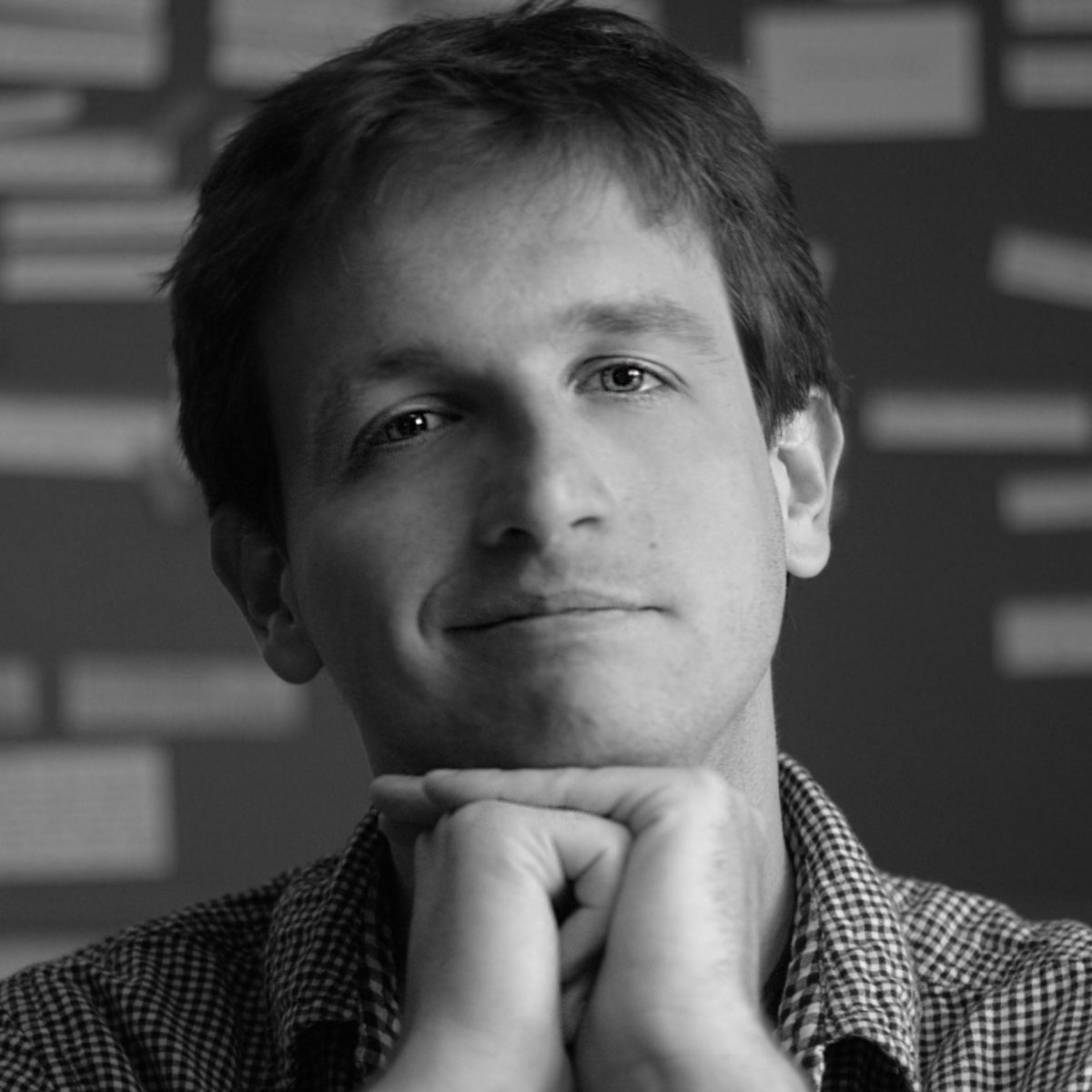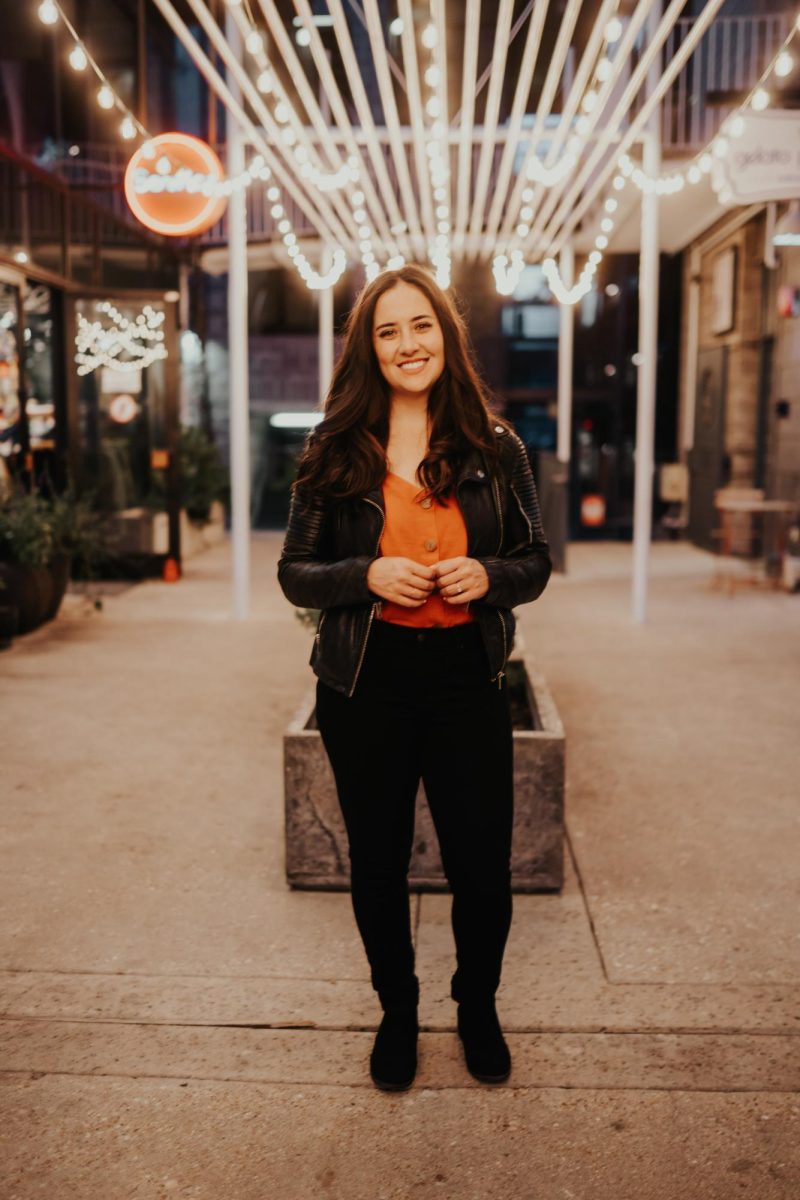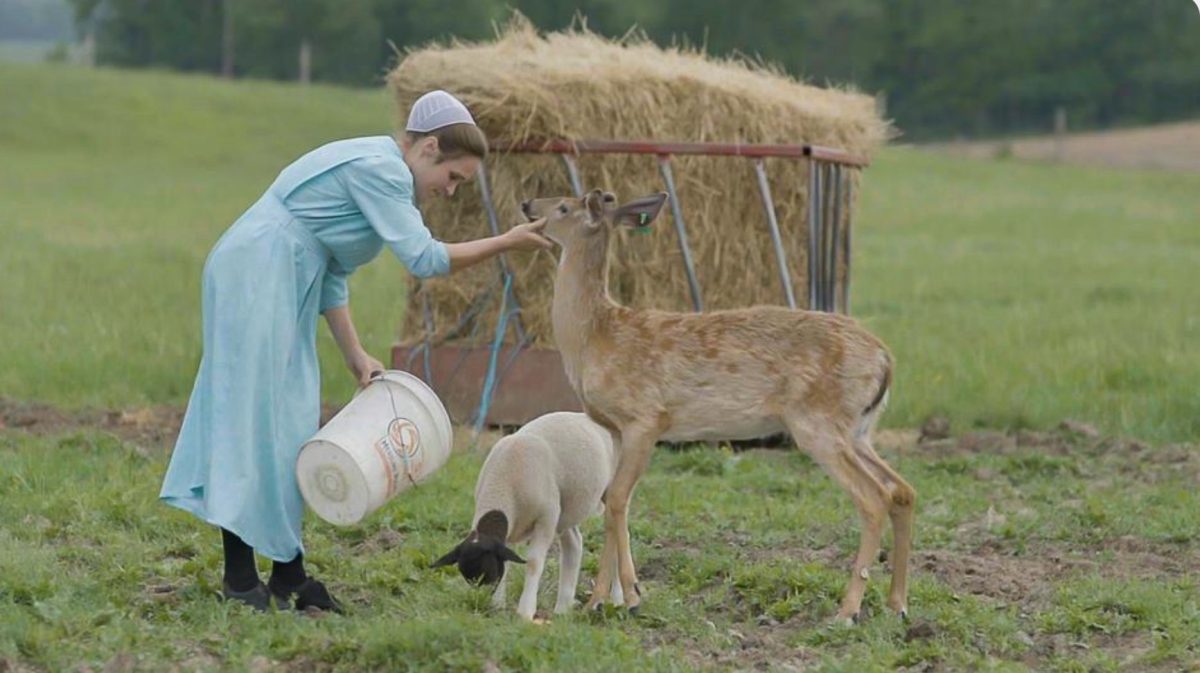The Daily Texan had the chance to sit down and speak with Michael Felker about writing and directing his sci-fi, horror thriller “Things Will Be Different,” which showcased at this year’s SXSW TV and Film Festival.
The Daily Texan: Throughout the film, you play around with the pacing by slowly revealing the plot through what the characters know rather than allowing the audience to be an all-knowing third party. What was the process of writing and directing this?
Michael Felker: It’s a weird balance because… (you have to ask questions like) ‘How much is too much information’ versus ‘How much is not enough?’ It’s a tricky balance that we come across all the time. … I always ask the question, is there something that’s good-confusing or bad-confusing? Good-confusing means ‘I have questions about world stuff and how things work beyond the universe and whatnot.’ That’s a good-confusion that you want to play with and come away with your own theories because I think audience engagement … is a good thing for me. Then there’s bad confusion, which is, ‘I don’t understand key things to help understand the moment-to-moment story or a character arc.’ … (So then I have to) shape that a little bit. I want the audience, more than anything, to feel the connection with the brother and sister. So it was a lot of refining. … It’s a delicate push and pull.
DT: Why did you decide to set the focus on the brother and sister’s relationship as the theme amidst the chaos of the sci-fi horror elements?
MF: It expands on my personal relationship with my sister. I don’t see her enough. I live on one side of the country in one job industry, and she lives in a completely different part of the country with kids and has a whole (different) life and job. We just don’t get to talk often enough. The main linchpin stemmed from the fact that we both have matching tattoos. We both have this Triforce tattoo (from the Legend of Zelda) at the exact same spot on our right arm by the elbow. … Anytime we have a hard day, we don’t even talk about our hard day, we just send a picture of the tattoo to (each other) and we send it back just to know that we’re not alone. … We made our separate lives, but we’re always gonna be brother and sister no matter what. That stemmed into this story (because) there are things I could probably change to make my life closer to hers or vice versa, but we’re stuck in our cycles of pursuing careers and starting families, and (we’re) just separated. Doing this time travel story (I made this idea of) we want to come together, but our cycles of old habits dying hard just keeps us apart. So that was the big linchpin of doing it as a brother and sister story.
DT: What advice would you give to students looking to pursue filmmaking as a career?
MF: When it comes to writing, directing just practice. … You learn so much more about how to make movies by making mistakes. I still make mistakes and I’ll continue to go on making mistakes until I die. (Movies are) such a subjective art. There’s no good or bad way to do things. You just try to do what’s best for the movie. … Get a camera with some people, go shoot something in the woods, find out why not only things are working for you, but what things aren’t working for you. Why is the light that you set out not doing the thing that you always see in movies? Why is this cut not cutting together the way (I want)? Make those mistakes, because once you know the ins and outs of them, then you can start finding your voice. If you don’t go out there and practice, you’re just going to try to learn from the greats and never find what makes your voice as a filmmaker special. … Eventually, you’ll make something that you at least like or some people are fans of. That’s where you start figuring out what kind of movies you want to make. Once you do that, I think that’s where a great promising filmmaker can be born.














